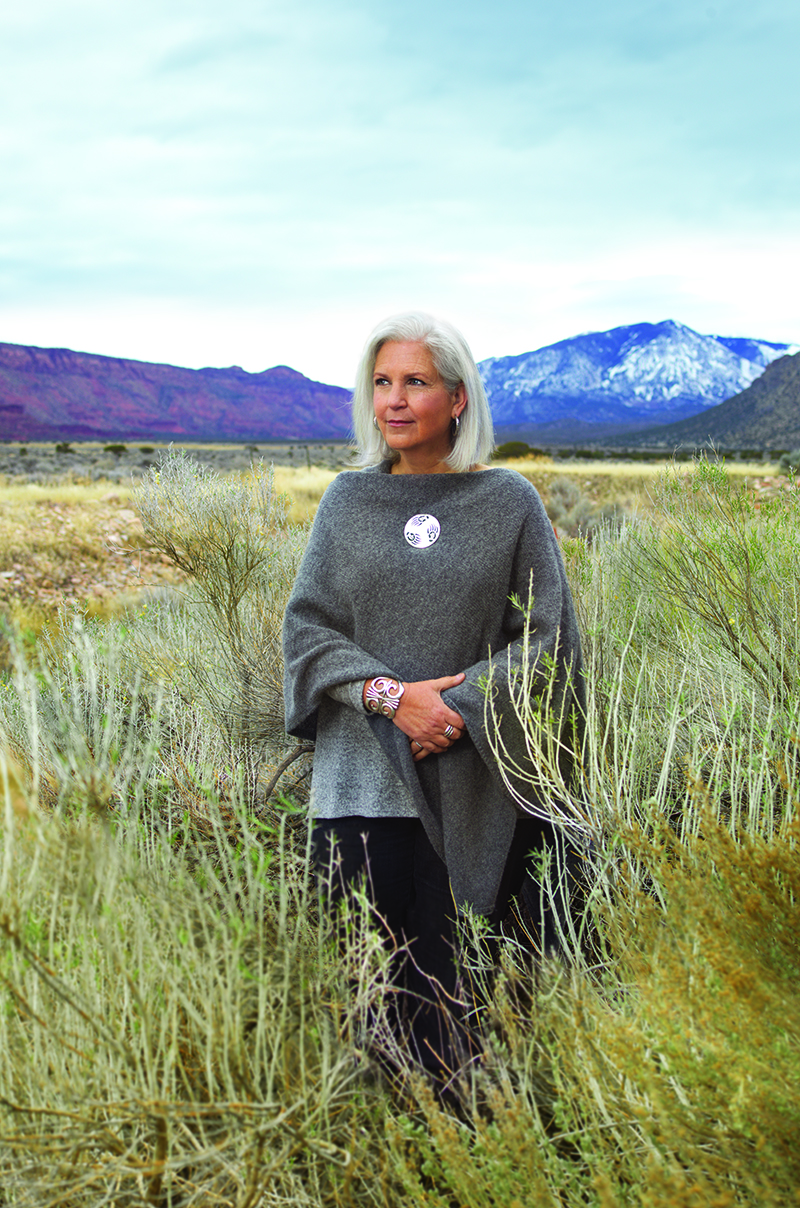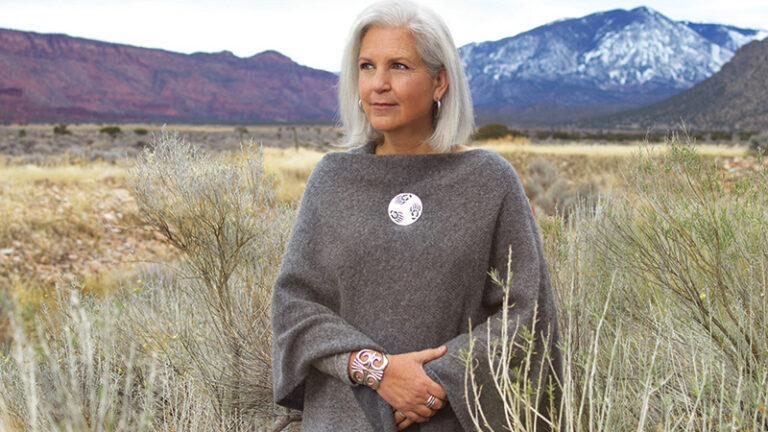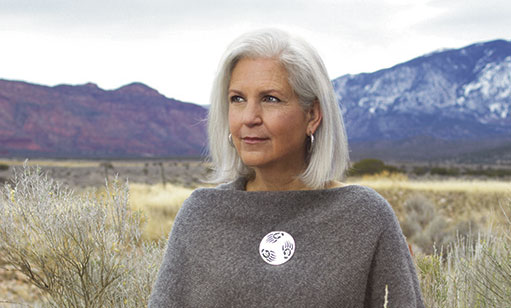Culture Shock: The Country In Both Darkness & Light
Terry Tempest Williams’ The Hour Of Land


Kwahu Alston

Kwahu Alston








